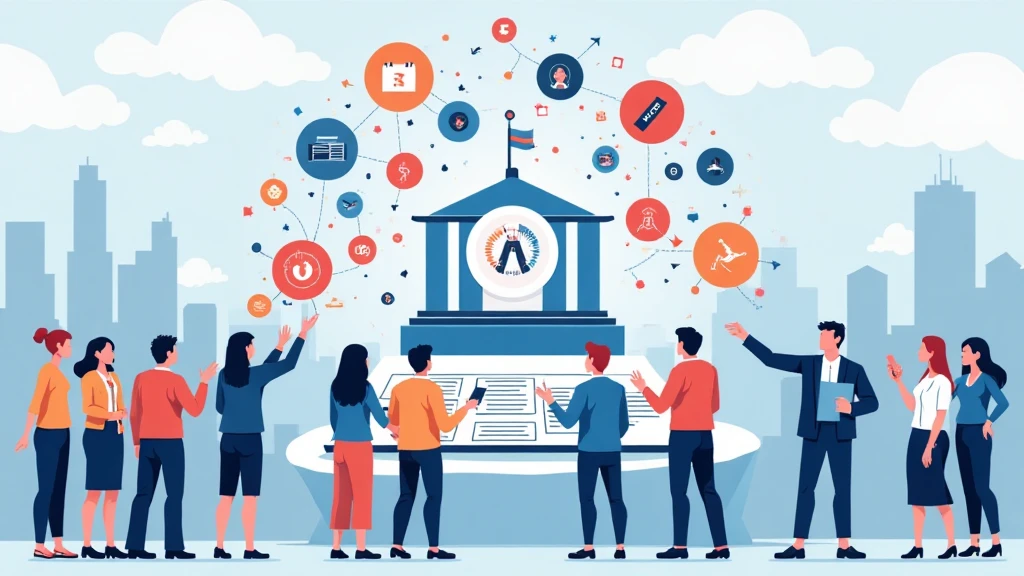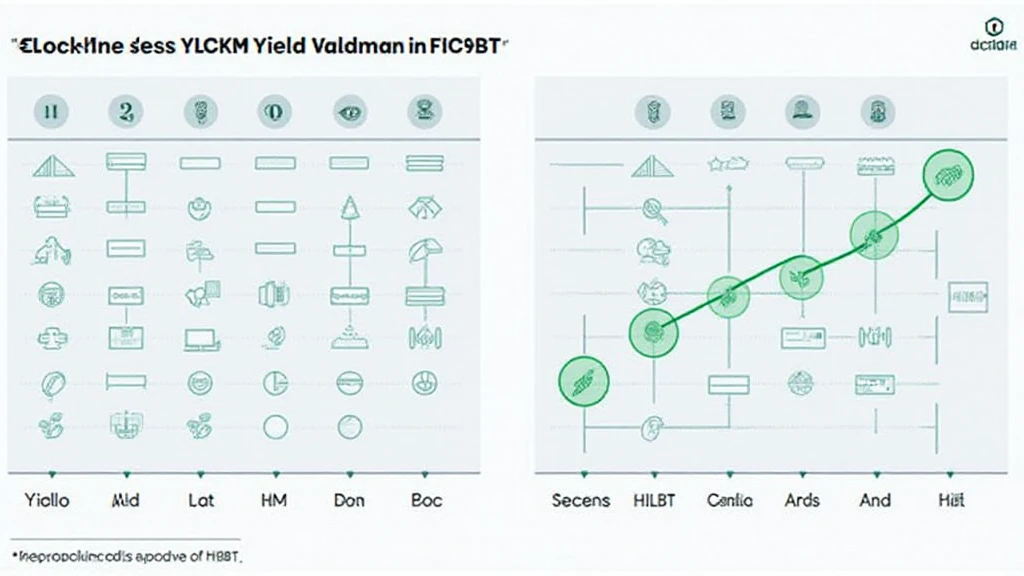Vietnam Blockchain DAO Governance Models: Understanding the Future
With the cryptocurrency sector booming in Southeast Asia, specifically in Vietnam, which has shown a remarkable user growth rate of over 65% in crypto adoption over the past two years, the need for effective decentralized governance models in blockchain is more important than ever. DAOs (Decentralized Autonomous Organizations) have emerged as a key component in this ecosystem, providing a framework for organizations to operate without centralized control. But how can Vietnam leverage these models to ensure sustainable and effective governance?
What Are DAO Governance Models?
DAO governance models are frameworks that enable decentralized decision-making processes within organizations built on blockchain technology. Unlike traditional organizations, where decisions are made by a select few, DAOs distribute power among all members, allowing for transparency and equitable participation in governance.
- Token-Based Voting: Members hold tokens that represent their voting power.
- Multi-Signature Wallets: Ensure financial transactions require multiple approvals, enhancing security.
- Smart Contracts: Automate and enforce rules and decisions within the organization.
Challenges of Implementing DAOs in Vietnam
While DAOs present innovative solutions, their implementation comes with challenges that need to be addressed:

- Legal Framework: Vietnam’s regulatory stance on cryptocurrencies and DAOs is still evolving. Regulatory clarity is necessary for the successful operation of DAOs.
- Technical Knowledge: A significant knowledge gap exists in understanding blockchain technology and DAO functionalities among the Vietnamese populace.
- Cultural Acceptance: Traditional business models are still dominant, and shifting mindsets to adopt decentralized models could take time.
Successful DAO Models Worldwide
Looking at successful DAO models globally can provide insights into potential governance structures suitable for Vietnam. For instance:
- MakerDAO: A decentralized lending platform where governance tokens dictate decision-making.
- Aragon: Offers tools for creating and managing DAOs, emphasizing simplicity and transparency.
- MolochDAO: Focuses on funding Ethereum projects through pooled member resources and transparent voting.
How Vietnam Can Adapt These Models
To harness the potential of DAOs, Vietnamese organizations can consider the following strategies:
- Building Awareness: Education campaigns to inform potential users and contributors about the benefits of DAOs.
- Collaboration with Regulators: Work alongside regulators to develop frameworks that acknowledge and support DAO operations.
- Leveraging Local Talent: Tap into local tech talent to enhance understanding and adoption of blockchain and DAO technology.
Future Outlook for DAOs in Vietnam
As the Vietnamese crypto market continues to expand, the integration of DAO governance models could significantly revolutionize the way businesses operate. The openness provided by these models aligns well with Vietnam’s vibrant startup culture, potentially leading to:
- Enhanced Innovation: DAOs encourage experimentation and innovation through a community-driven approach.
- Greater Inclusivity: More individuals can participate in governance compared to traditional models, fostering a diverse ecosystem.
- Improved Transparency: Decisions and financial transactions are recorded on the blockchain, enhancing trust among members.
In conclusion, the development and adoption of Vietnam blockchain DAO governance models present a unique opportunity to reshape the governance landscape in Vietnam’s crypto sector. By learning from successful models and addressing local challenges, Vietnam can position itself as a leader in blockchain innovation.
As the industry continues to evolve, stakeholders should remain informed and engaged to navigate the complexities of DAO governance effectively. Remember, this is not just theoretical; the future of decentralized governance in Vietnam is being shaped today.
Visit mycryptodictionary for more insights on crypto trends, regulations, and innovations shaping the future of digital assets.
Author: Dr. Nguyen Thanh Hoang, a blockchain expert recognized for his work in decentralized technologies and governance models. He has published over 20 papers in the field and led significant audits for prominent projects in the Ethereum ecosystem.






